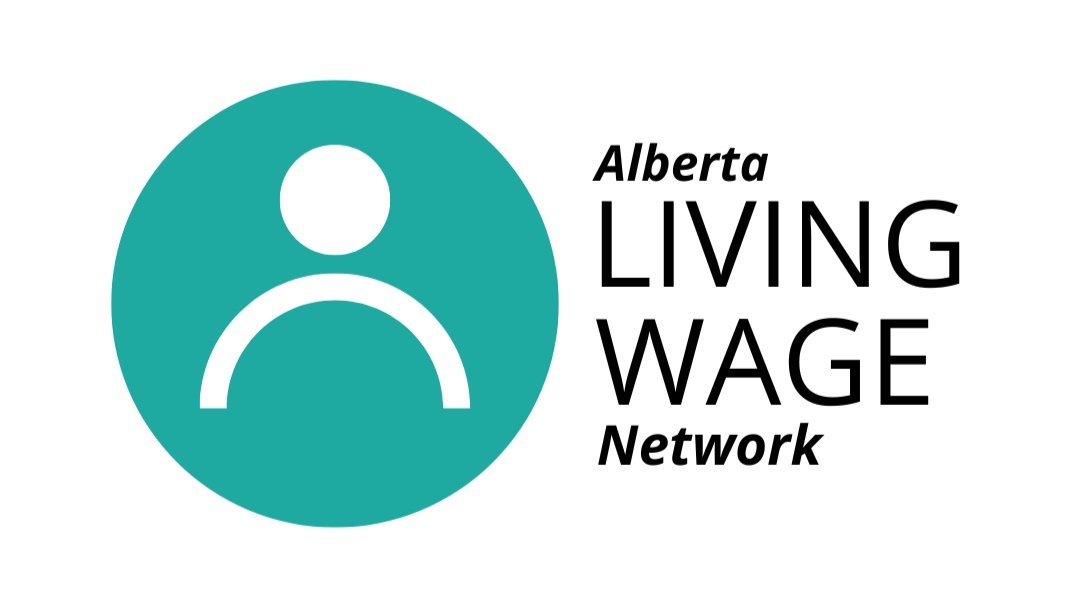Research finds that 2SLGBTQIA+ Canadians face a wage gap
It is well known that there is a wage gap between men and women and between white and BIPOC workers, but one wage gap that tends to be overlooked is the wage gap between 2SLGBTQIA+ workers and their heterosexual counterparts.
While discrimination based on sexuality or gender is unlawful based on the Canadian Human Rights Act, studies have found that discrimination based on sexual orientation and a wage gap still exist.
Researchers at the Social Research and Demonstration Corporation used 14 years of data from national population-based surveys and found substantial income disparities among lesbian, gay and bisexual Canadians in comparison to heterosexual folks.
The research found that those who self identified as a sexual minority had “significantly lower median annual earnings compared with heterosexual men. In descriptive analyses, heterosexual men were found to earn the most ($55,959), followed by gay men ($50,822), lesbian women ($44,740), bisexual men ($31,776), and bisexual women ($25,290).”
It was found that the most significant drivers of of earning gaps were industry, mental health and hours worked for a wage gap, with demographics playing a role, but still some of the gap remained unexplained by data. The “analysis found ‘unexplained’ differences in earnings gaps for some sexual orientation groups, especially bisexual men and women and, to a lesser extent, lesbian women.” This gap is most likely explained by discrimination – whether that be purposeful or through unconscious bias.
The disparities that were found weren’t just economic. They found that, on average, 2SLGTBQIA+ folks are less likely to work full time. Lesbians, gay men and bisexual men and women are more likely to experience mental health challenges and food insecurity. The research concluded that mental health plays a vital role as to why LGBTQIA+ folks earn less and that there needs to be a strong policy that targets both mental health and the socioeconomic disparities.
What was interesting is that research showed that lesbians earn more than their straight female counterparts, largely due to differences in parental status, occupation, mental health and hours worked. It found that lesbians in partnerships are more likely to have shared household duties as well.
“What we are learning from this research is going to help a lot of employers better understand how to make a measurable impact on the challenges we’re seeing instead of relying on assumptions and stereotypes, which only exacerbate the situation for queer and trans workers and jobseekers,” Colin Druhan, executive director at Pride at Work Canada said in a statement.
